Introduction

It’s been a month since we inducted the Hero Xpulse 200 4V into our garage and during this period, we have used the motorcycle for commuting within the city. It was impressive, to say the least, during the road test review and you can read more about it here. But after spending some time with the motorcycle, do our thoughts echo the same sentiment as before? We clocked over 600km on the Xpulse 200 4V during the month and here we tell you all the things that we liked and those that we didn’t about the motorcycle.
What’s Good?

Around mid-May 2022, the local authorities of Mumbai closed a flyover on the Eastern Express Highway for repairs. Unknowingly, I got stuck there on the Versys 650. The heavy feeling of the clutch lever and the kerb weight of the middleweight Japanese tourer didn’t make things easy as I tackled the traffic. But it got me curious – how would the lighter Xpulse 200 4V feel in similar conditions? So, the next day, I checked Google Maps to ensure similar riding conditions and intentionally rode on this traffic-plagued stretch.
Needless to say, the Xpulse 200 4V felt remarkably more manageable than the Versys 650. The lighter clutch, easily manageable weight, and short turning radius of the Xpulse 200 4V ensured that I filtered through the traffic with utmost ease. Sure, there were occasions where the motorcycle came to a standstill, but that shed light on another important aspect — styling.

The Xpulse 200 4V is among the most stylish motorcycles in the sub-200cc segment. The tall-set front fender, rugged design, and bold graphics attract quite some attention. Sure, the 2V looked stunning too, but Hero MotoCorp has hit it out of the park with the 4V version.
The rider’s triangle also deserves a special mention. The Xpulse 200 4V features upright ergonomics that deliver a very comfortable ride quality. Furthermore, the tall seat gives a commanding view of the traffic ahead. Now, while the seat may seem narrow, it never got uncomfortable when riding in the city. It also rolls over most undulations without bothering the rider. The bigger potholes can be tackled by standing on the footpegs, but it takes time to get comfortable in that riding position. Why? More on that in the latter part of the review. Let’s finish the list of things that we like first.

The list of pros cannot be complete without mentioning the engine. The 199.6cc, single-cylinder, air- and oil-cooled engine makes 18.38bhp at 8,500rpm and 17.35Nm of peak torque at 6,500rpm. The motor feels comfortable at higher revs, and you can ride the Xpulse 200 4V enthusiastically. The four-valve setup works amazingly well at higher revs, and the Xpulse 200 4V feels far more relaxed out on the highway than its 2V counterpart. Once over 4,000rpm, the Xpulse 200 4V gets on its own and continues to build speed even in the high revs. It likes to stay in the higher revs and you would end up riding a gear lower than usual to ensure that the motor operates in the upper digits on the tachometer.
Now, how economical is it? The Xpulse 200 4V returned a fuel economy of 29.4kmpl during the last month. The number is slightly lower than what we got during the road test review where the Xpulse 200 4V returned 32.5kmpl. The reason for this dip in lower fuel economy could be the high-speed sprints on the highway during my daily commutes where the motorcycle ventures into the 90s on the speedometer.
What We Didn’t Like?

Remember the bit where we told you about standing on the footpegs? Here’s where we had our first problem. The footpegs on the Xpulse 200 4V are relatively forward-set as compared to its rivals like the Royal Enfield Himalayan or the Yezdi Adventure. Sure, it’s easy to grab onto the motorcycle because of the lean design of the saddle and the fuel tank, but standing on the footpegs just doesn’t feel as easy and natural as other motorcycles mentioned above.
The braking setup isn’t very impressive either, and the Xpulse 200 4V needs a serious upgrade in this department. The current setup lacks the feedback that would inspire your confidence and allow you to drop the anchor late.

The headlight performance, too, needs a mention here. The LED lighting works really well at slower speeds, south of 60kmph. It has a decent spread too but the throw could have been better. Thus, the hardware would perform really well until you ride under 60kmph. Anything beyond that needs really good reflexes. Also, going fast can be taxing for another reason.
While the Xpulse 200 4V is designed for touring, and it does a decent job at lower speeds — anything under 80kmph, the windblast protection isn’t very comprehensive. Sure, the flyscreen provides some solace, but it isn’t very useful beyond 80kmph, and it would push most of the air towards your shoulders and onto the helmet, thus resulting in high wind noise.
What’s Next?

Up next, we plan to test the long-distance capabilities of the Xpulse 200 4V. Here, we would load it up with some luggage and take it for a 600km road trip. During this ride, we would test aspects such as highway economy and comfort levels. We had originally planned to take the Viaterra Element for this road trip, but that might be too big for the job. Instead, we would use the compact yet spacious Carbonado ModPac 10-litre which should be sufficient for the job. Meanwhile, you can read more about the Viaterra Element in detail here.
Bike Stats
Odometer when acquired: 1,675km
Kilometres ridden this month: 605km
Fuel Efficiency: 29.4kmpl
Price: Rs 1,32,427 ex-showroom, Delhi (when tested)
Photography by Kaustubh Gandhi
Gallery
1/10
Hero Xpulse 200 4V Bike Seat
Double Tap to Zoom











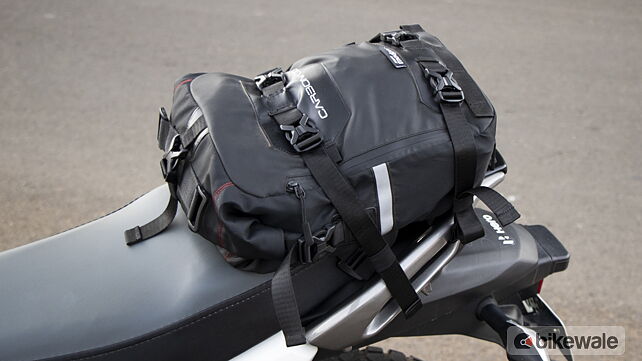







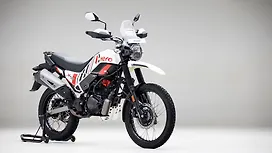

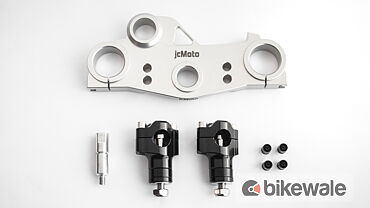


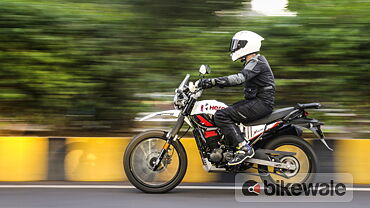




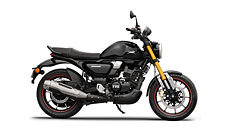
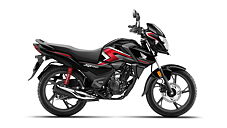
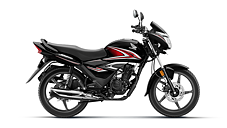

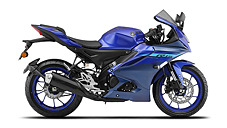
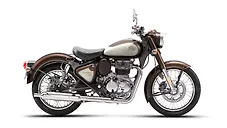
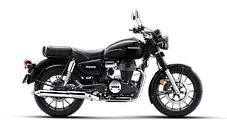
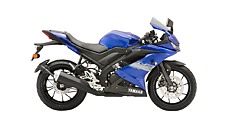
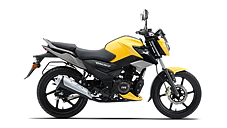
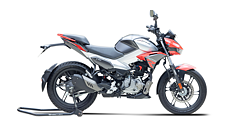
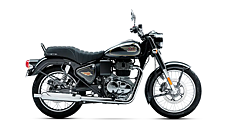
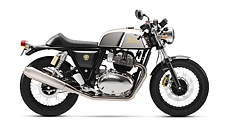
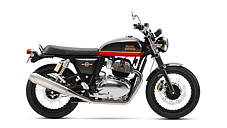
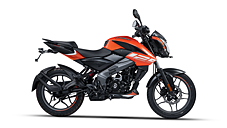

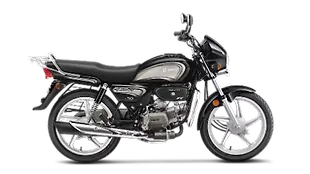
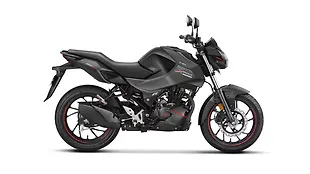




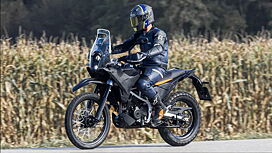
![KTM 390 Adventure X [2025] KTM 390 Adventure X [2025]](https://imgd.aeplcdn.com/272x153/n/cw/ec/190885/390-adventure-x-2025-right-side-view.jpeg?isig=0&q=80)